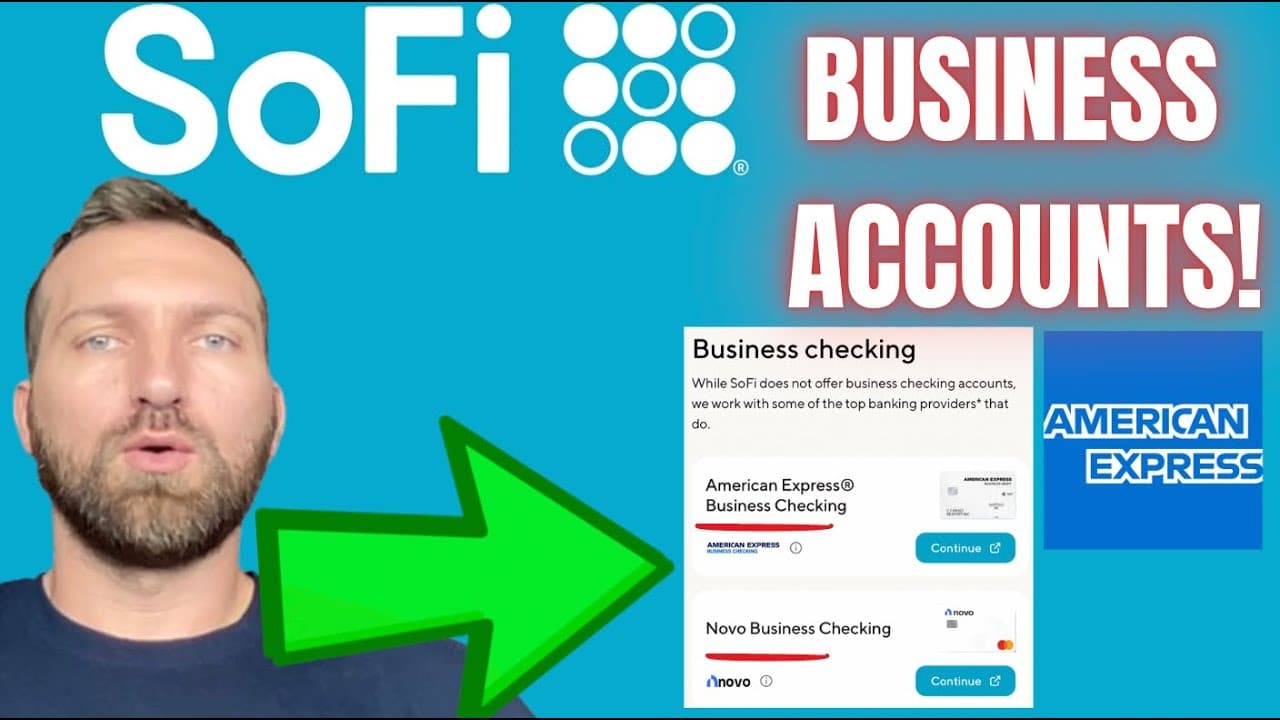The financial technology market in the United States, although still young, is seeing the emergence of new promising players. Among them is SoFi Technologies, which has recently made headlines due to explosive growth in the second half of 2024. With the rapid evolution of this sector, where revenues are expected to reach $70.5 billion by 2028, SoFi could well overturn the dominance of traditional figures such as Visa and Mastercard. JP Morgan analyst Reginald L. Smith even sees in SoFi the potential to become the American Express of the fintech world.
The market for American fintech is still developing, but SoFi Technologies seems to be taking the lead against its competitors. Since the second half of 2024, this personal finance-focused company has shown impressive growth, with a 115% increase in its stock between October and November. Some analysts suggest that SoFi could become the American Express of the fintech sector thanks to its remarkable financial performance and constant innovations. SoFi recorded a net revenue increase of 30% in the third quarter of 2024, turning around a previous deficit. With a mobile-focused operational model and the development of open banking services, SoFi is well-positioned to capitalize on growth opportunities in the fintech industry. Although competition is fierce, SoFi could reach new heights in 2025.

Table of Contents
Togglesofi and fintech ambitions: a new era for personal finance
With a meteoric rise, SoFi Technologies is poised to transform the American fintech landscape, sparking interest among investors. In 2024, the company surprised Wall Street with a 30% increase in annual revenues, reaching $697.1 million, up from $537.2 million in 2023. This remarkable performance is attributed to product innovation and strengthening of their brand image. The platform also welcomed 756,000 new members, reinforcing its position for future product launches. This impressive growth could allow SoFi to become a symbol of success in the fintech world, similar to American Express in traditional finance.
strategic partnerships and growth potential
Recent strategic partnerships, such as the adoption of the Cyberbank Core by the subsidiary Galileo, demonstrate SoFi’s commitment to expanding its commercial payment services. This advancement enables SoFi to offer extensive banking services to institutional clients, paving the way for increased institutional usage. Additionally, the extension of the partnership with Nova Credit enhances the customer experience by providing consumer-authorized banking data analytics, thus offering personalized services. With the constant evolution of the fintech sector, SoFi is well-positioned to leverage growth opportunities presented by the mobile payments market, which is expected to surpass $607.9 billion by 2030 in the United States.
implications of the political landscape on the future of sofi
The possible reelection of Donald Trump as President of the United States could have significant implications for SoFi’s future performance. History shows that election periods lead to short-term market fluctuations, but long-term trends often favor growth. Under Trump’s presidency, sectors like energy and financial services thrived due to pro-growth policies and deregulation. However, the current economy differs from that of 2016, meaning SoFi must carefully assess its investment strategies. Anticipated deregulation and the potential firing of Gary Gensler from the SEC have generated increased optimism within the fintech landscape, but Trump’s tariffs could influence the cost of living and affect consumers’ ability to use wealth management platforms.





